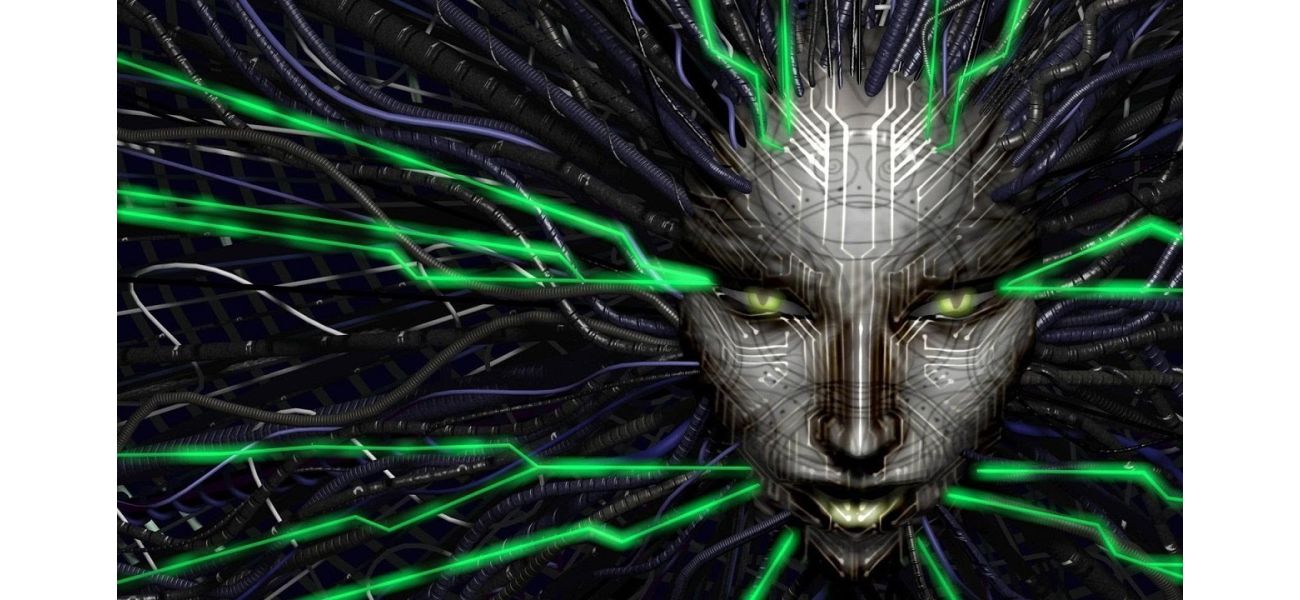Wishing for AI to hasten video game creation.
Reader's Feature envisions a bright future for generative AI in video game development.
September 8th 2024.

Have you ever wondered just how much help artificial intelligence (AI) can provide in the development of video games? Well, one reader's feature paints a very optimistic picture of the potential of generative AI in the future of gaming. In this scenario, AI would drastically cut down on the time and effort needed by developers to create games.
Some people may worry about the possibility of AI taking over jobs in various industries, and the gaming industry is no exception. With the rising cost of game development, many studios have had to lay off staff and restructure their teams in order to reduce expenses. And the largest expense by far is the creation of the game world itself.
As hardware power continues to grow, it has become increasingly challenging to create visually stunning worlds and characters. Developers spend countless hours on tasks such as creating landscapes, implementing realistic physics, and eliminating glitches. Unfortunately, even with all this effort, many AAA games are still released with numerous glitches, leading some studios to release games in early access versions, allowing players to help identify and fix issues before the official launch.
To combat these challenges, some developers have turned to creating low-resolution, low-power retro-style games, allowing them to focus more on storytelling, side quests, and multiple endings based on player choices. However, with the emergence of generative AI that can create photorealistic videos in under a minute, the possibilities for game development are endless.
Imagine a world where developers can simply provide a small amount of basic input, and AI can generate an entire landscape or populate a village or city. The developer can then explore the area and make any necessary changes to match their vision. They can even ask AI to modify specific sections or create new buildings or characters to fit a certain era or style.
In this world, developers can use virtual reality headsets to literally create a world while standing in it. They can change the building materials, adjust the lighting, and populate the area with characters of their choosing. This level of control and speed would drastically improve the quality of games and reduce development time.
Of course, this doesn't mean that developers would no longer be needed. They could still use their skills to create reference materials and templates for AI to use in building the world. This would eliminate the need for dozens of people to spend hundreds of hours creating individual objects, freeing them up to focus on other aspects of game development.
Ultimately, this type of collaboration between AI and developers could revolutionize the gaming industry. It would allow for faster and more efficient game development, while still maintaining the creativity and skills of developers. And who knows what other industries could benefit from this type of partnership in the future? The possibilities are endless.
Some people may worry about the possibility of AI taking over jobs in various industries, and the gaming industry is no exception. With the rising cost of game development, many studios have had to lay off staff and restructure their teams in order to reduce expenses. And the largest expense by far is the creation of the game world itself.
As hardware power continues to grow, it has become increasingly challenging to create visually stunning worlds and characters. Developers spend countless hours on tasks such as creating landscapes, implementing realistic physics, and eliminating glitches. Unfortunately, even with all this effort, many AAA games are still released with numerous glitches, leading some studios to release games in early access versions, allowing players to help identify and fix issues before the official launch.
To combat these challenges, some developers have turned to creating low-resolution, low-power retro-style games, allowing them to focus more on storytelling, side quests, and multiple endings based on player choices. However, with the emergence of generative AI that can create photorealistic videos in under a minute, the possibilities for game development are endless.
Imagine a world where developers can simply provide a small amount of basic input, and AI can generate an entire landscape or populate a village or city. The developer can then explore the area and make any necessary changes to match their vision. They can even ask AI to modify specific sections or create new buildings or characters to fit a certain era or style.
In this world, developers can use virtual reality headsets to literally create a world while standing in it. They can change the building materials, adjust the lighting, and populate the area with characters of their choosing. This level of control and speed would drastically improve the quality of games and reduce development time.
Of course, this doesn't mean that developers would no longer be needed. They could still use their skills to create reference materials and templates for AI to use in building the world. This would eliminate the need for dozens of people to spend hundreds of hours creating individual objects, freeing them up to focus on other aspects of game development.
Ultimately, this type of collaboration between AI and developers could revolutionize the gaming industry. It would allow for faster and more efficient game development, while still maintaining the creativity and skills of developers. And who knows what other industries could benefit from this type of partnership in the future? The possibilities are endless.
[This article has been trending online recently and has been generated with AI. Your feed is customized.]
[Generative AI is experimental.]
0
0
Submit Comment





